Why Choosing PVC Ball Valves Can Enhance Your Fluid Control Solutions
In the rapidly evolving field of fluid control solutions, the selection of appropriate valve types is crucial for ensuring efficiency, reliability, and cost-effectiveness. PVC ball valves have emerged as a leading choice among engineers and industry professionals, owing to their significant advantages over traditional metal valves. According to a recent market analysis from Grand View Research, the global ball valve market is projected to reach USD 12.89 billion by 2025, with PVC ball valves accounting for a substantial share of this growth due to their superior resistance to corrosion, lightweight properties, and affordability. Moreover, the ease of installation and maintenance associated with PVC ball valves further enhances their appeal, especially in chemical processing and water treatment applications. By integrating PVC ball valves into fluid control systems, companies can not only optimize performance but also achieve long-term cost savings and sustainability goals, making them an indispensable element in modern industrial practices.
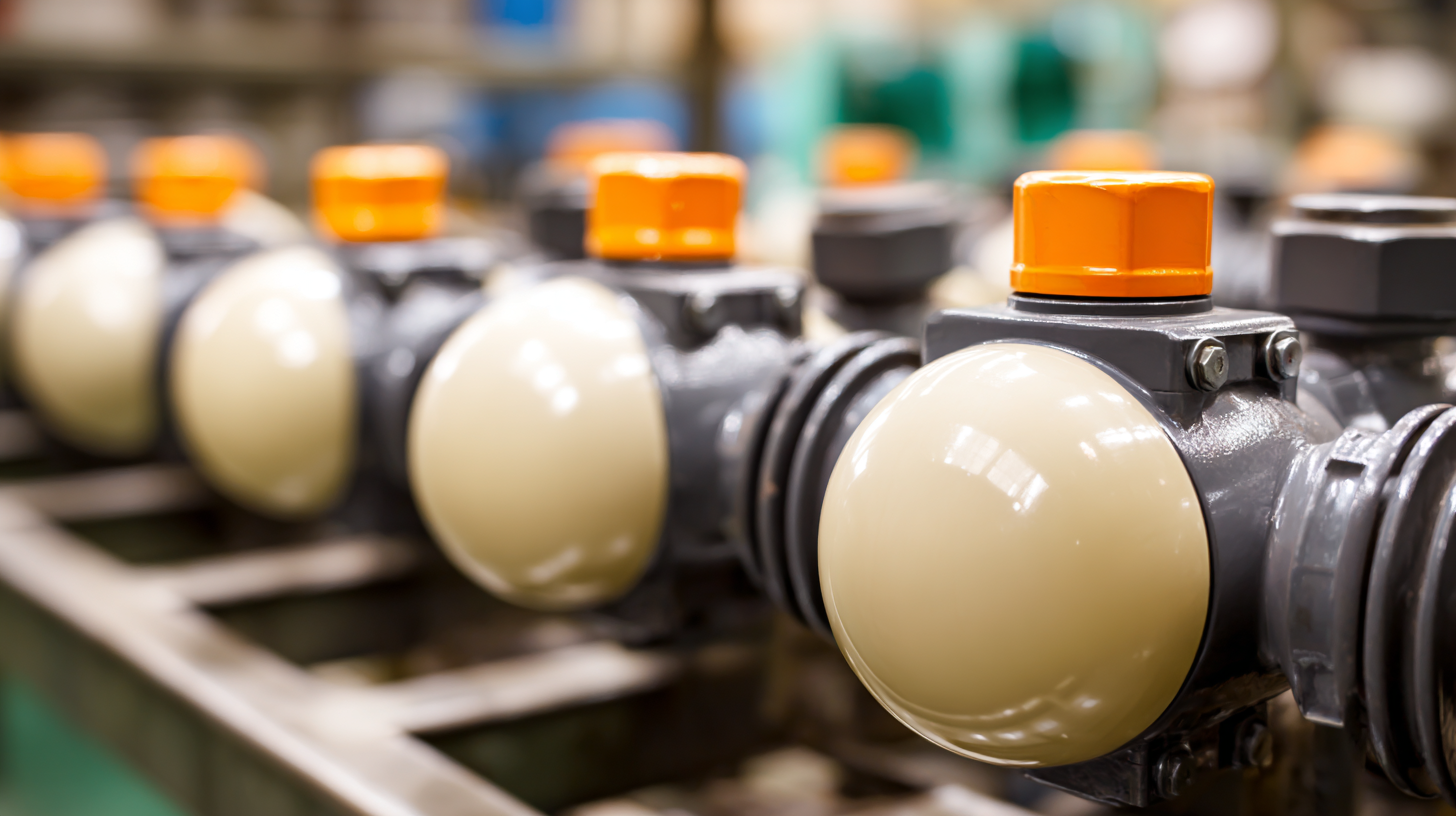
Understanding the Advantages of PVC Ball Valves in Fluid Control Applications
PVC ball valves are gaining recognition in fluid control applications due to their inherently advantageous features. One significant benefit of using PVC is its resistance to corrosion, making it highly suitable for handling a variety of fluids, including aggressive chemicals. This property ensures that PVC ball valves maintain their integrity over time, resulting in reduced maintenance costs and prolonged service life, critical factors in applications where reliability is paramount.
Moreover, the lightweight nature of PVC simplifies installation and reduces the overall operational burden. In settings that may require pneumatic control, these valves can integrate seamlessly, providing a safe and efficient mechanism for modulating flow in hydraulic systems. The advancements in valve technology further highlight the role of PVC ball valves in precision fluid management, as they enable tighter control and enhanced performance. This capability is especially relevant in evolving sectors such as medical diagnostics, where accuracy and reliability are crucial. By choosing PVC ball valves, businesses can improve their fluid control solutions significantly, ensuring both safety and efficiency in their operations.
Why Choosing PVC Ball Valves Can Enhance Your Fluid Control Solutions
| Feature | PVC Ball Valves | Metal Ball Valves |
|---|---|---|
| Weight | Lightweight | Heavy |
| Corrosion Resistance | Excellent | Limited |
| Temperature Range | -20°C to 60°C | -50°C to 200°C |
| Cost | Low | High |
| Application Suitability | Chemical and Wastewater | High-Pressure Systems |
Key Performance Metrics: Comparing PVC Ball Valves with Traditional Valve Materials
When evaluating fluid control solutions, key performance metrics play a vital role in selecting the right valve material. PVC ball valves have emerged as a superior alternative to traditional valve materials such as brass and stainless steel, primarily due to their lightweight nature, corrosion resistance, and cost-effectiveness. PVC's inherent properties allow for consistent performance in various chemical environments, which is critical for maintaining the integrity of fluid systems.
In comparison to traditional materials, PVC ball valves offer significant advantages in terms of maintenance and longevity. While brass and stainless steel may be prone to rust, scaling, and chemical reactions that compromise their functionality, PVC valves remain unaffected by many corrosive substances. This makes them an ideal choice for applications involving aggressive chemicals. Additionally, the smooth internal surface of PVC ball valves reduces friction and flow resistance, leading to improved efficiency in fluid transport. Overall, the metrics of durability, ease of installation, and operational efficiency highlight the increasing preference for PVC ball valves in modern fluid control strategies.
Cost-Effectiveness Analysis: Long-Term Savings with PVC Ball Valve Integration
The integration of PVC ball valves into fluid control systems can lead to significant long-term savings. Unlike traditional materials like metal, PVC offers a more cost-effective solution by significantly reducing both material and installation costs. The lightweight nature of PVC not only simplifies handling but also minimizes the expenses associated with transport and labor. Additionally, PVC ball valves are resistant to corrosion and scaling, which translates to lower maintenance costs over time compared to other valve types prone to wear and tear.
Furthermore, the durability and longevity of PVC ball valves mean that they often outlast their metal counterparts, resulting in reduced replacement frequency and lower lifecycle costs. Maintaining a consistent performance level without frequent downtime enhances operational efficiency, adding to overall savings. Moreover, the reduced energy consumption associated with the lightweight design contributes to further cost reduction in fluid control applications. Thus, choosing PVC ball valves is not just a decision for immediate savings but also a strategic investment that yields long-term benefits in fluid control solutions.
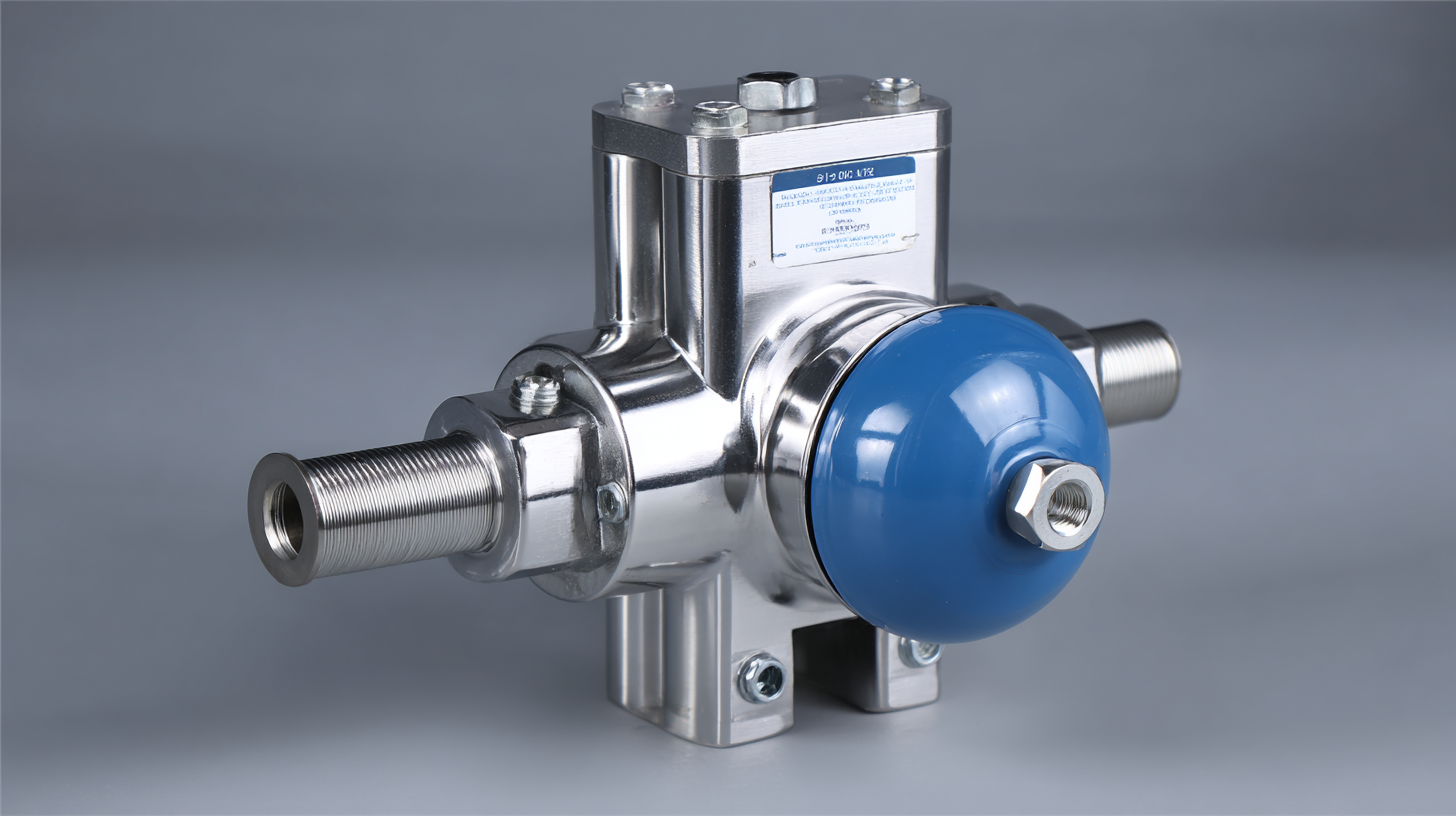
Industry Standards and Compliance: Ensuring Safety with PVC Ball Valves
When it comes to fluid control solutions, the selection of appropriate components is crucial for ensuring safety and efficiency. PVC ball valves, recognized for their durability and resistance to corrosion, are increasingly the preferred choice across various industries. According to a report by MarketsandMarkets, the global market for PVC valves is projected to reach $2.5 billion by 2025, driven by increasing demands for lightweight and resilient materials in fluid transportation. This trend highlights the significance of adhering to stringent industry standards to ensure that these valves perform reliably under various conditions.
Compliance with industry standards not only enhances safety but also assures consistent performance. The American Society of Mechanical Engineers (ASME) and the American National Standards Institute (ANSI) have established guidelines that dictate the manufacturing and testing of PVC ball valves. Adhering to these standards is paramount, as they specify the necessary pressure ratings and performance tests to mitigate risks associated with fluid handling. Furthermore, the International Organization for Standardization (ISO) offers certification processes that validate the quality and safety of these valves, making them a trusted option for industries such as water treatment, chemical processing, and HVAC systems. By investing in compliant PVC ball valves, companies can navigate the complexities of fluid management with confidence.
Comparison of PVC Ball Valve Advantages Against Other Valve Types
Best Practices for Installation and Maintenance of PVC Ball Valves
When it comes to installing and maintaining PVC ball valves, best practices play a crucial role in ensuring optimal performance and longevity. The first step during installation is to ensure that the pipe ends are clean and free from debris. Proper alignment is essential; both the valve and the pipes must be positioned correctly to avoid stress that could lead to leaks or system failures. Additionally, using the correct adhesive and allowing adequate curing time will create a strong bond, preventing potential issues down the line.
Maintenance is equally important to enhance the durability of PVC ball valves. Regular inspections should be conducted to check for leaks, wear, or potential blockages. If a valve becomes difficult to operate, it may indicate an accumulation of debris, necessitating cleaning or replacement. It's advisable to periodically lubricate the valve using a compatible lubricant to ensure smooth operation. By adhering to these best practices, users can significantly enhance their fluid control solutions, ensuring efficient and reliable performance across various applications, including irrigation systems and water management technologies.
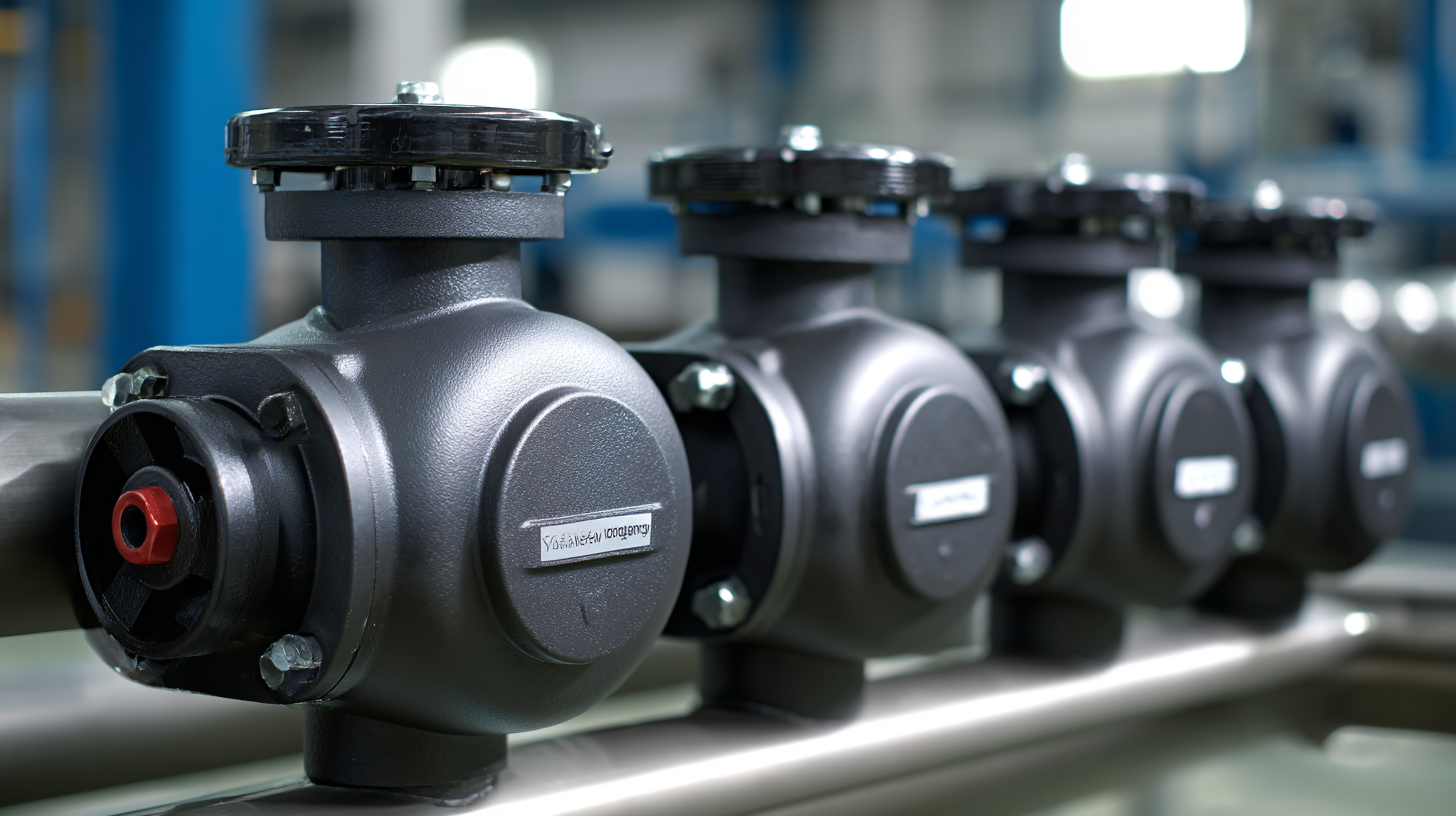
Related Posts
-
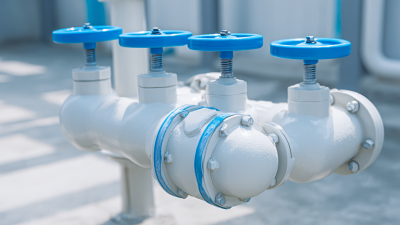
What Makes the Best PVC Ball Valve Ideal for Your Business Needs
-

Mastering the Basics of 3 Way Ball Valve Installation and Maintenance Guide
-

Top Strategies for Maximizing Efficiency with Electric Valves in Industrial Applications
-
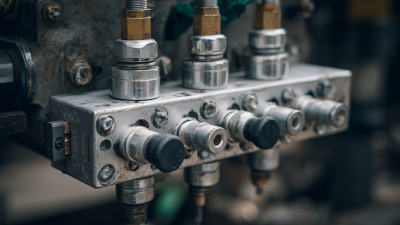
How to Select the Best Pneumatic Valve for Your Industrial Applications
-
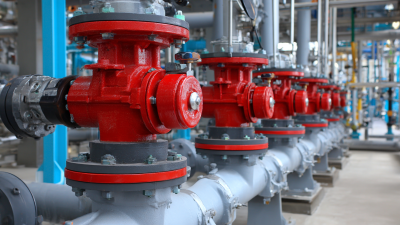
How to Choose the Right Water Valve for Your Industrial Needs
-
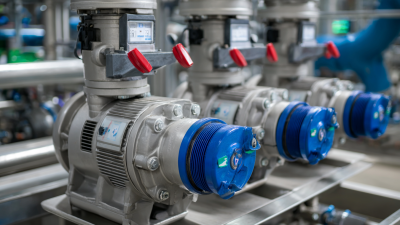
How to Choose the Best Motorized Valve for Your Industrial Needs
